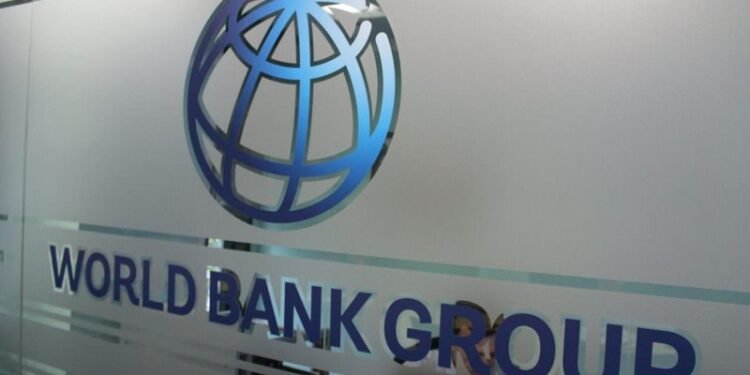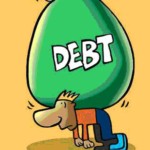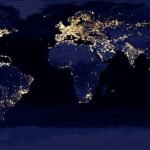The World Bank has finally approved Nigeria’s request for a $1.5 billion loan. The loan had earlier been delayed by the Bretton Wood institution due to concerns of recommended reforms that should be implemented by the Nigerian government.
Some of the reforms include the unification and flexibility of the exchange rate, removal of fuel subsidy, increase in electricity tariffs amongst others.
The loan is a five-year country partnership framework (CPF) that will last from 2021 to 202, the bank said on Tuesday while announcing the loan.
- Read also: Capital importation into Nigeria went to only 6 states and FCT in Q3 2020
- Banking sector credit to the private sector settles at N19.87trn, as NPL declines
The loan would focus on four areas of engagement namely, investing in human capital, promoting jobs and economic transformation and diversification, enhancing resilience, and strengthening the foundations of the public sector according to Shubham Chaudhuri, World Bank Country Director for Nigeria.
Chaudhuri said, “This country partnership framework will guide our engagement for the next five years in supporting the government of Nigeria’s strategic priorities by taking a phased and adaptive approach.
“To realize its long-term potential, the country has to make tangible progress on key challenges and pursue some bold reforms. Our engagement will focus on supporting Nigeria’s efforts to reduce poverty and promote sustained private sector-led growth.”
Read more: Market spotlight: Price adjustment of Axa Mansard Insurance Plc’s equity price for share bonus
The bank had in 2018 approved $486 million to improve the electricity transmission network and infrastructure in Nigeria.
In the second quarter of 2020 (April – June) Nigeria’s debt rose by N2.4 trillion according to the data released by the Debt Management Office.
At the time 33% of Nigeria’s total debt was held by the World Bank Group which amounted to $10.46 billion
The Government of Nigeria has been increasing the total amount borrowed from its major creditors over the years.
Nigeria’s external debt has grown from $9.377 billion as of June 30, 2014, to $31.477 billion as at June 30, 2020. This represents a 236% ($22.100 billion) jump in the external debt stock.
About World Bank
The World Bank Group: The World Bank is an international financial institution that provides loans and grants to the governments of poorer countries for the purpose of pursuing capital projects. It comprises two institutions: the International Bank for Reconstruction and Development (IBRD), and the International Development Association (IDA).
The World Bank was created at the 1944 Bretton Woods Conference, along with the International Monetary Fund (IMF). The president of the World Bank is, traditionally, an American. The World Bank and the IMF are both based in Washington, D.C., and work closely with each other.
By: Ifunanya Ikueze


























































